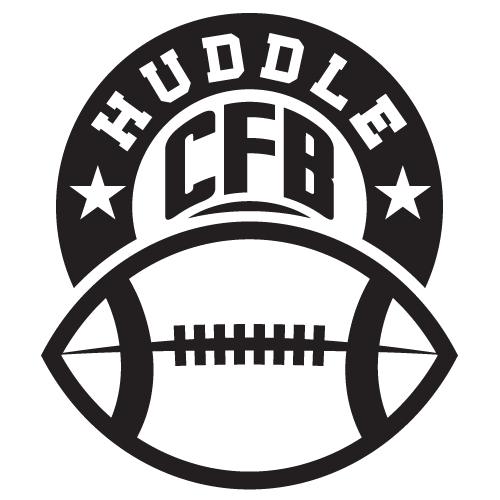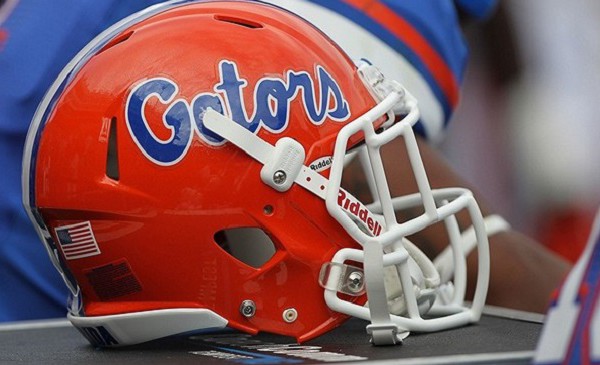Slotting the Oregon Ducks atop the Pac-12 preseason projections proved the safe play for much of the last half-decade or so. Not so in 2016, a campaign that kicks off with Oregon tabbed to finish third in the North division.
Since winning the first of four conference championships over a six-season run in 2009, last year’s drop to 9-4 — the program’s worst record since 2007 — has prognosticators bearish on the Oregon Ducks.
A voting media that Stanford head coach David Shaw deadpanned has “no idea what [its] doing” isn’t alone in its Oregon skepticism. In his column on Nebraska offensive lineman Tanner Farmer’s comments about “beat[ing] the crap” out of the Ducks, Brandon Cavanuagh notes the sportsbook at South Point Casino favors the Huskers.
Mind you, those would be the same Huskers who surrendered 291 passing yards per game and finished below .500 a season ago.
Farmer’s bravado underscores a point I made earlier this summer: opponents no longer fear the Oregon Ducks.
Now, that might be somewhat foolhearty. Oregon beat Pac-12 champion Stanford, and came one stuffed drive shy of knocking off Big Ten champion Michigan State — both games on the road.
Moreover, Farmer’s quote serves as quintessential whiteboard material.
“We don’t pay attention to much of the outside talk. We’re internally motivated,” linebacker Johnny Ragin III said, towing the line typical of players and coaches when confronted with questions about expectations. He did pull the curtain back ever-so-slightly on
“But it is good to be the hunter now, as opposed to be the hunted in previous years.”
The Ducks spent five years as the hunted, a process that realistically began prior to the 2011 season. Though Oregon had won the conference title each of the two campaigns prior, 2011 marked the first fall the Ducks were truly established as the big game atop the league.
In 2010, the loss of quarterback Jeremiah Masoli literally days before the season opener cast doubt over those Ducks. The remarkable run that ensued that campaign really kicked Oregon hype into overdrive.
Now that the hype’s settled, head coach Mark Helfrich’s reminded of a time before 2011.
“Inevitably with technology [social media] and questions and all that stuff that it’s going to seep into them, and if they use that as motivation, great,” Helfrich said. “But since my first day at Oregon, the first game against Boise State, everybody wrote us off for dead back then.”
Helfrich mentioning his first game on the Oregon Ducks staff, which was also the first game with Chip Kelly as head coach, fits quite nicely. Boise State completely stifled the Oregon offense on the first Thursday night of the 2009 season, then running back LaGarrette Blount punched a Bronco in the postgame fray, leading to Blount’s suspension for much of the campaign.
Oregon regrouped to win 10 of their next 12, claiming the program’s first conference championship since 2001, and effectively changing the complexion of the league for the years to come.
Meanwhile, in Blount’s stead, another running back emerged as The Guy in Kelly’s uptempo offense: LaMichael James.
James began a remarkable, three-year run, which concluded with him holding Oregon’s career rushing record — a rushing record now in jeopardy with Royce Freeman entering his third season.
Freeman already broke James’ single-season rushing record, rolling off 1,836 yards in 2015.
Defense is a question; THE question. The 2015 Oregon Ducks defense was the biggest fowl-related fiasco since a certain George Lucas film. Brady Hoke’s hire as defensive coordinator was certainly unconventional, but another move reminiscent of 2009.
Promoting the inexperienced Kelly, just a few years removed from an assistant’s gig at New Hampshire, to replace Mike Bellotti as head coach? That, too, was unconventional — more so than picking against the Ducks in a preseason poll, even.


